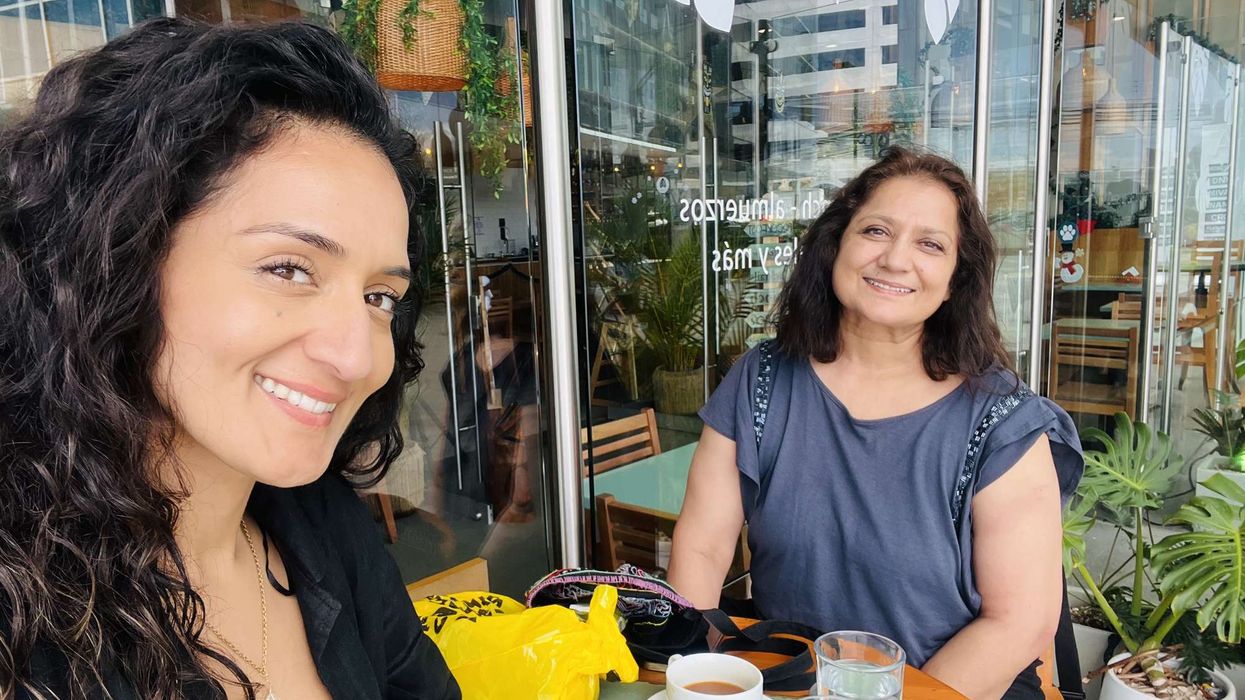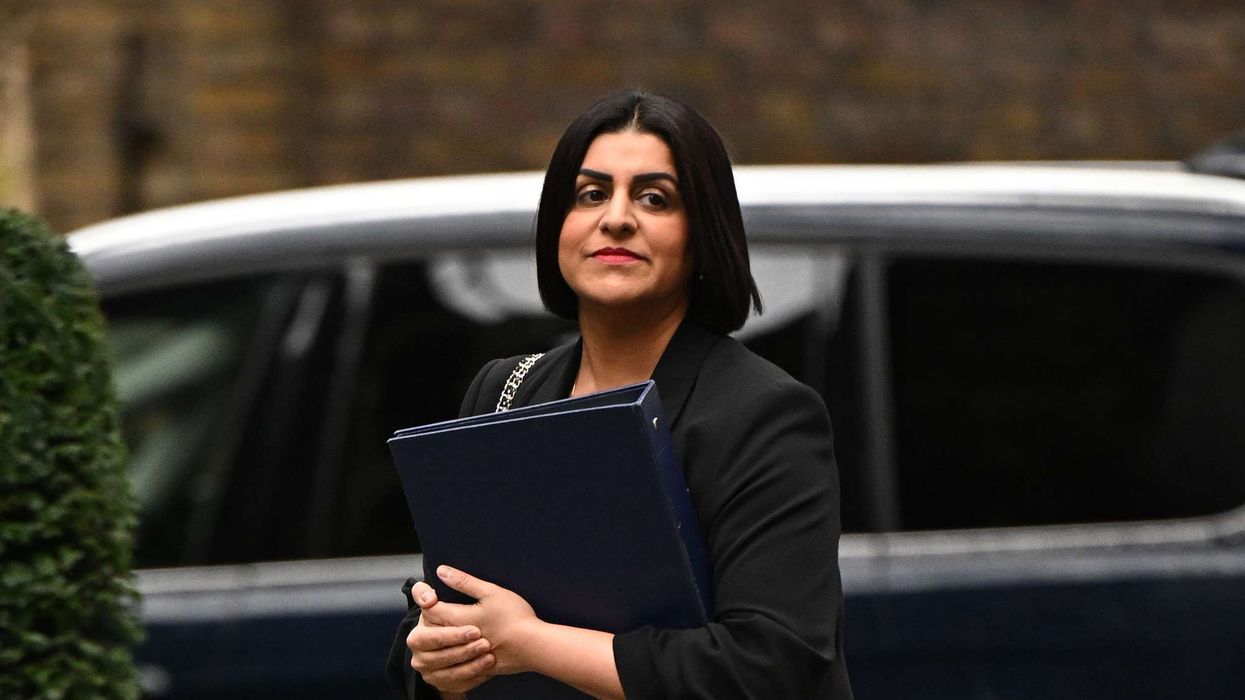By Mona Dash
MANY of us who have gone through illnesses, or have had family who have had critical medical challenges such as cancer, organ transplants, complex brain and heart surgery, or anything as life-altering as that, know the importance of keeping them isolated and safe, post-treatment.
By safe, I mean isolating for long periods, until their immune systems recover, and they can go out into the world to lead a normal life.
In my book A Roll of the Dice: a story of loss, love and genetics, (Linen Press UK, 2019) I have described the long periods when we had to isolate as a family due to a horrific condition called PPROM (Premature Rupture of Membranes) in my pregnancy, and my son having X-SCID (Severe Combined Immuno Deficiency).
SCID remains a rare genetic condition, so many may not know a child with SCID is susceptible to any infection, big or small, and they need to have treatment like a bone marrow transplant or gene therapy. We too would not have known had we not lost a baby boy years ago in India, when doctors couldn’t diagnose him at first, and then having diagnosed, confessed there was no treatment plan.
So the second time around, in 2007, following my baby’s stem cell transplant in Great Ormond Street Hospital in London, we had to remain isolated for months. This meant that we had to quickly learn a few things and never forget to practice it, like hand washing for example.
Yes, we all know we must wash our hands, but it was in the neonatal ICU in Farnborough Hospital and then in Great Ormond Street Hospital that I learned how to wash hands properly, taking time, reaching between fingers, the palms, the top of the hand etc.
I learned never to open doors with fingers, rather use the elbow or foot to push open a door, to never hold handrails on the escalators in the tube, to always carry a hand gel and use it frequently, even after changing currency, and wipe heavy use items like mobiles with anti-bacterial wipes.
Most people are not, and indeed don’t have to be cognisant of these things, and we too weren’t, but I learnt these quickly.
In the hospital, we wore aprons, doctors wore PPE when they visited my son’s triple air-filtered room, and the nurses and staff washed hands so many times a day that their skin was dry and red by evening. Until my baby’s immune system developed and matured, he and I stayed at home, within closed doors.
My husband travelled to work, but remained vigilant, and took extra care to not fall unwell.
There were no visitors, if ever a few very close friends came home, they took care to stand a good three feet away from hiscrib. They had to wash hands when they entered the house, and all our friends also learned to be careful around us if they had a cold, or a stomach bug.
When my son’s T cells started coming back, the doctors allowed us to go out, first to open spaces – the many green parks of London – gradually to an indoor mall, then to other peoples’ houses, then eventually get on a flight and go on holiday, by the time he was about 1.5 years old.
So when in March 2020, the whole world went into a lockdown, I watched with a feeling of déjà vu when we all retreated to our homes. I smiled in understanding, when they explained the concept of bubbles, and taught everyone how to wash hands, incessantly.
Easter holidays came and went, and for the first time in many years, we didn’t travel anywhere on holiday. Then the summer came, and by August things relaxed a little bit.
Even as I write this, however, a national lockdown of four weeks has been announced in London.
Perhaps due to the past experience and memory, I haven’t found the lockdown itself as much a problem, as facing the inevitability that this is a fate across the world, for all of humanity, a state of isolation a fact, with an uncertain end date.
My son took to it well enough, in the Easter holidays, by staying in his room all day on the PlayStation with his friends online.
Then schools reopened, with online lessons started, and he coped well, spending time on lessons, and the Zoom calls with riends and teachers.
Like most other people, withless of a rush to travel, less stress of traffic jams and the like, there wasmore time with family, more home cooked meals and exerciseroutines at home.
Is it difficult to bring up a teenager in Covid days? In a way I think it is easier than having small children who need a lot more looking after, making sure they don’t fall and hurt themselves, engaging in meaningful play and so on. Younger children need a sense of community and thrive on physicality.
At 13, my son is at the age when he can communicate well enough with friends on social media, and while I never thought would say it, thank god for PlayStation, that a fair degree of interaction is also in.
Perhaps it would be harder aswell if the child is older, and nothave enough interaction, not to mention more crucial school exams, and missing out on graduation ceremonies and so on.
So when the cases started falling, and things started to reopen, I was quite institutionalised. Just like the moment described in A Roll of the Dice, when we were to leave the hospital, and instead I asked the doctor if we could stay longer, there was a fear to get back into the world. Unlike others, quick to plan holidays or go out to their favourite restaurants, I at least didn’t feel inclined to do so.
Then it was September, and schools opened. The worry was and is how long can they keep safe in school? Once again, I am counting in weeks, until the next vacation. My son is happier to go back to school and meet friends, once in the familiar building, in spite of all the precautions schools are taking, the children,. perhaps can forget that the world outside is still not normal.
There are too many unknowns about this virus to make accurate predictions or even make conclusions that some country or the other has managed to overcome the virus completely. Whatever the type, whether full or partial, some degree of isolation and social distancing is here to stay for some more months at the least, all over the world.
And so are the masks, the hand gel, the handwashing, and all the other tips I had learnt, years ago, never realising once again, these would be the guide to survival.
A Roll of the Dice : a story of loss, love and genetics is available on Amazon and Waterstones Online.
Mona Dash is the author of A Roll of the Dice: A story of loss, love and genetics, A Certain Way, Untamed Heart, and Dawn-drops. Her work has been listed in leading competitions such as Novel London 20, SI Leeds Literary award, Fish, Bath, Bristol, Leicester Writes and Asian Writer. Her short story collection Let us look elsewhere is forthcoming from Dahlia Publications in 2021.
With a degree in engineering, an MBA, and a master’s in creative writing, Mona Dash works in a global tech company. She lives in London. www.monadash.net/











